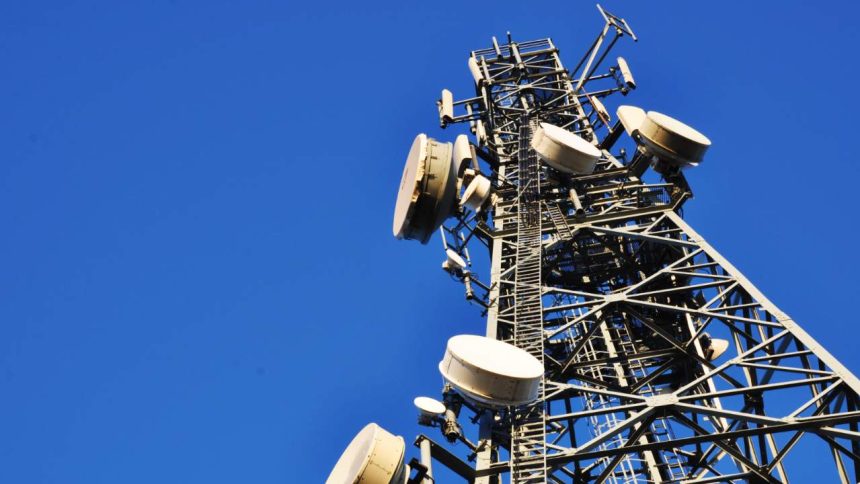Pakistan has Rs79 billion in unpaid dues which could put its digital infrastructure at risk as 50 percent of mobile traffic, 10 percent of internet traffic and 40 percent of ATMs face the risk of going out of order.
Out of 13 Long Distance International (LDI) licenses up for renewal this year, only four are currently being processed, whereas nine licensees are yet to pay the renewal fee. If the licenses are not renewed, a widespread disruption in incoming international traffic will be imminent. The traffic will be diverted to other LDI operators, which will bear the additional burden.
Currently, Pakistan has OFC links and cross-border microwave transmissions with regional countries due to Multinet Pakistan and Wateen Telecom. In case of any international data transit disruption, the mobile traffic in Pakistan and the ATMs in Afghanistan will face shutdown.
Payoneer doubles transaction fee
Separately, digital payment service Payoneer has raised the transaction fee to 3 percent of the total amount. Additionally, a fixed fee of $0.49 will be charged on all transactions conducted in USD. This is a far cry from the previous transaction fee of 2 percent. For transactions in other currencies, the fixed charges vary. 0.39 GBP, 0.45 EUR, 0.75 AUD, 0.67 CAD and 73.76 JPY will be charged if the transactions are conducted in respective currencies.
In the absence of payment solutions such as PayPal, Pakistani freelancers increasingly rely on platforms such as Payoneer to get their payments from clients. However, the recent decision of the company to double the transaction fee is bound to cause disruptions to freelancers.
These charges will apply to both outbound and inbound payments through the debit and credit cards. Moreover, the Request a Payment and Initiate a Payment options will also lead to similar charges. The company has revealed that the updated fee will be applicable from the 20th of October, and will be reflected in the fee details on the platforms. It has also said that no other fee will be changed other than what has been explicitly mentioned now. Payoneer has justified the move as a way to enhance the quality of its services.
PayPal is the medium of choice for online transactions, especially cross-border transactions, across the world due to the security and convenience it offers. However, it has remained elusive in Pakistan, despite the desperation of the freelancer community to have it operate in the country as well.
The incumbent government understands the necessity of providing facilities to the freelancers, considering that they bring valuable foreign exchange into the country. So, the caretaker information technology minister announced earlier this year that the platform would be accessible to Pakistanis.
However, the hopes of the people were dashed when it became clear to them that PayPal was not coming to Pakistan directly, rather it was only being added as an option to Payoneer to facilitate freelancers. What this essentially means is that after entering into a partnership with PayPal, Payoneer allows the service to be used as a payment source just like debit or credit cards.
Pakistanis cannot open their accounts on PayPal, and this facility is not exclusive to Pakistanis, rather it applies to all regions where it operates. The disclosure came as a bout of disappointment to the people of Pakistan, who were expecting the global payment platform to debut in Pakistan soon, especially after Dr. Umar Saif had said last September that his ministry was working on bringing both PayPal and Stripe to the country, particularly to meet the demand of one-way payments.












